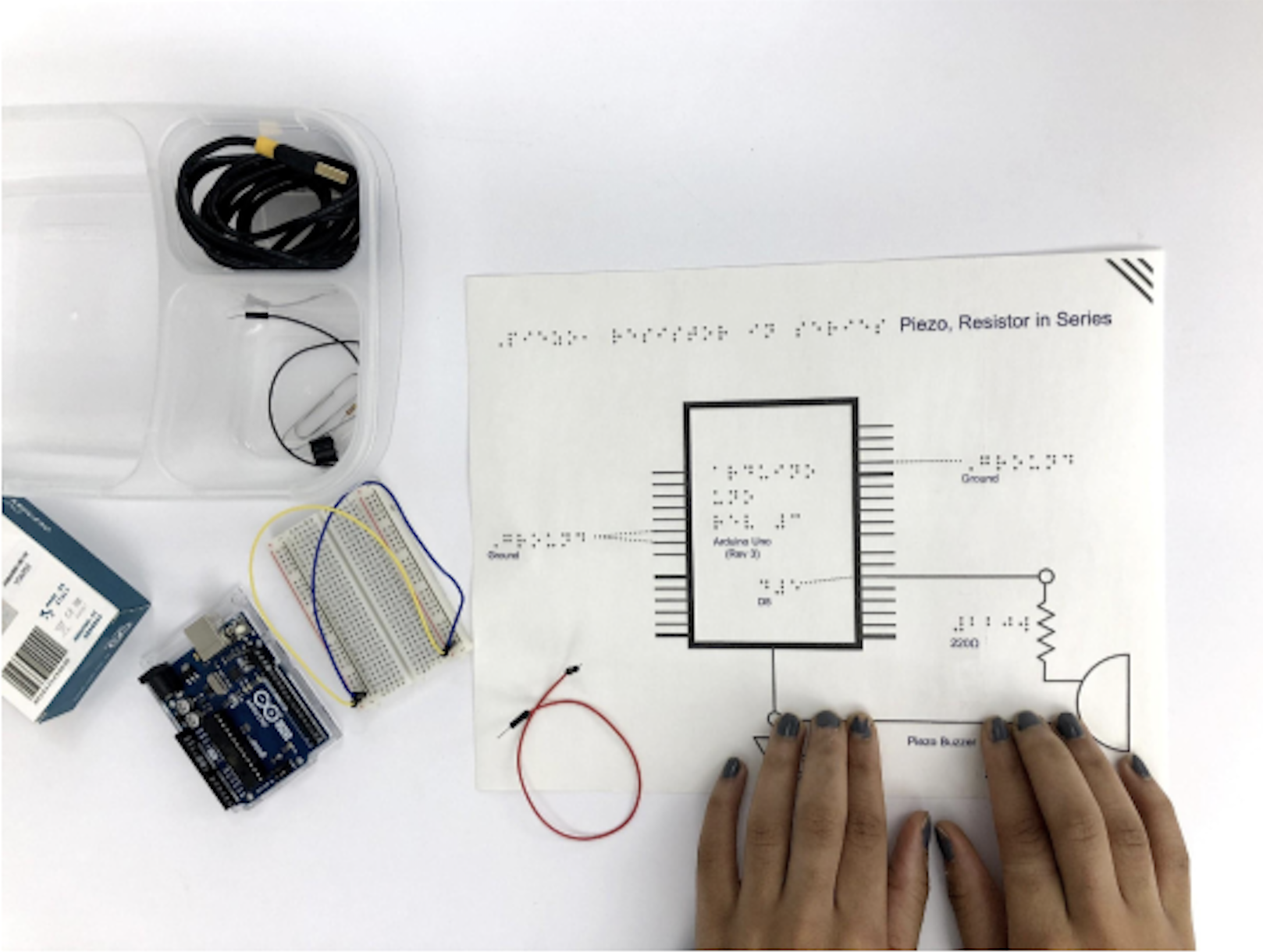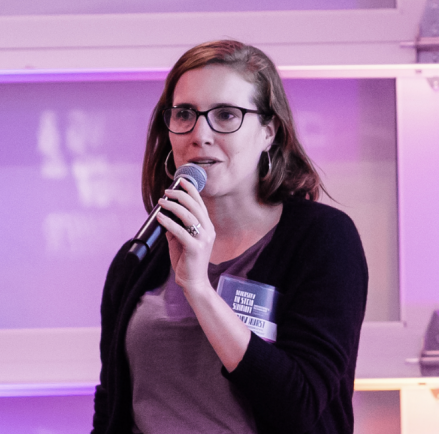Dr. Hurst is passionate about understanding current social problems and identifying opportunities for technology to empower individuals impacted by those problems. She uses qualitative methods to analyze a current environment, design and build technology that fits within the constraints of that environment, and evaluate this technology in situ with target users. Her work sits at the intersection of assistive technology, interaction design, and engineering education.
Dr. Hurst is the director of the NYU Ability Project, an interdisciplinary research space dedicated to the intersection between disability and technology. She is working with NYU students and local community members to understand current trends and create new technological solutions in the following domains: inclusive museum experiences, accessible web development for screen-reader users, helping clinicians and fabricators collaborate on assistive technology design, increasing the accessibility of stem education through tactile graphics, the impact of tech training for neurodiverse teenagers, how multi-sensory rooms can reduce anxiety in a dental clinic, and customized game controllers for individuals with limited mobility.
A long-standing research interest of hers is understanding how to empower non-engineers to “Do-It-Yourself” (DIY) and create, modify, or build their own assistive technologies using digital fabrication tools such as 3D printers. She and her students have focused on inclusive design practices that can engage clinicians, end-users, and fabricators in creating their own assistive technologies. This work has included new design tools, teaching digital fabrication to individuals with intellectual disabilities, co-designing custom assistive devices with clinicians and end-users, and exploring the potential for creating “maker” jobs for youth in STEM programs.
https://steinhardt.nyu.edu/faculty/Amy_Hurst
https://amyhurst.com/
http://ability.nyu.edu/
TOOLS + MEDIUMS OF PRODUCTION
Wearables, Physical Computing, Digital Fabrication/ Prototyping, IoT, User Experience, Tangible Design
METHODS + APPROACHES
User-Centered Design, Participatory Design
TOPICS + THEMES
User Experience, Assistive Technology, Accessibility



